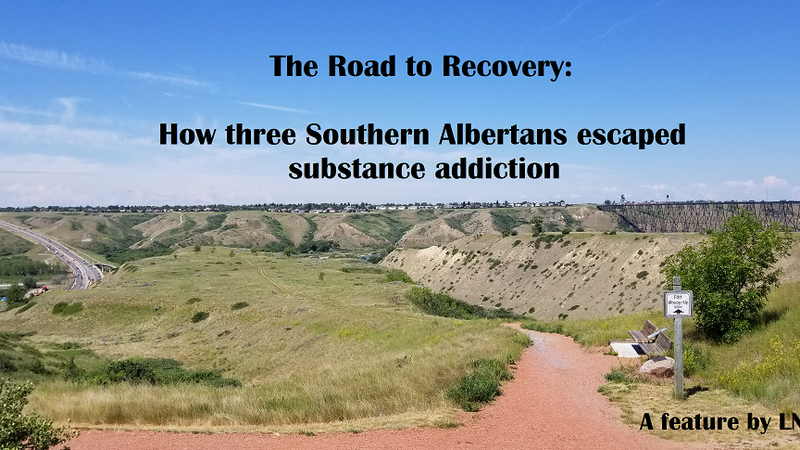
The Road to Recovery: How three Southern Albertans escaped substance addiction
LETHBRIDGE, AB – LNN spoke to three people in the region who shared their stories of substance addiction, what ultimately lead them to seek help, and how things have changed since getting clean.
The purpose of this feature is to show just a few examples of the similarities and differences in the individual cases and to hopefully quell some misconceptions that members of the public have about addiction.
As you will see throughout the three stories, substance addiction comes in many forms with different root causes, issues that stem as a result of addiction, and paths to recovery.
There are a couple of things that all three of these women can agree on – that addiction is a complex issue that often involves more than a simple personal choice and that compassion goes a lot farther than hate.


